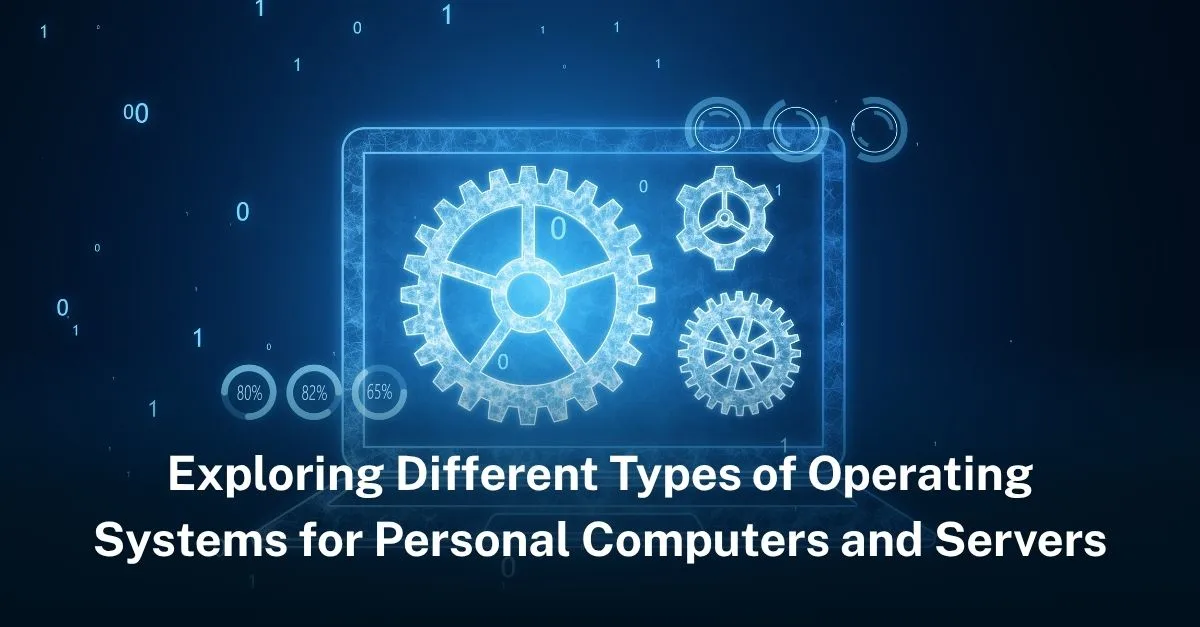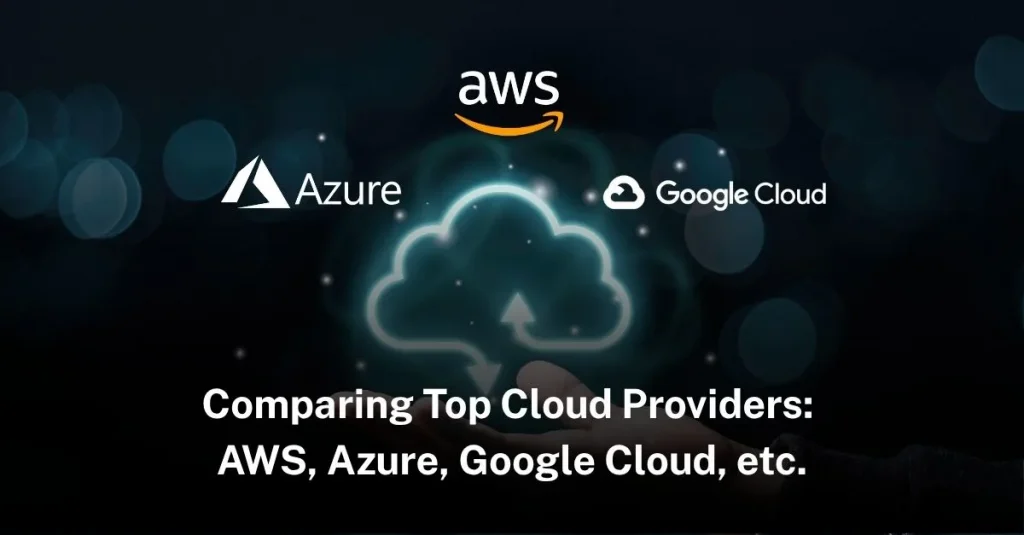Operating systems (OS) are the backbone of any computer, managing both hardware and software resources and providing essential services for computer programs. Various operating systems cater to different needs, ranging from personal use to enterprise-level applications. This article explores some of the most commonly used operating systems, including Windows, MacOS, and Linux, as well as other notable OS options.
Windows
Windows is a family of proprietary graphical operating systems developed and marketed by Microsoft. It is one of the most widely used operating systems globally, dominating the personal computer market.
- Versions: Windows has multiple versions, including Windows 10 and Windows 11, designed for personal computers, and Windows Server, which caters to server environments.
- Features: Windows is known for its user-friendly interface, extensive software compatibility, and robust support for gaming and multimedia.
- Usage: It is used in various environments, from home PCs to enterprise servers, making it versatile for different applications.
MacOS
MacOS is a series of proprietary graphical operating systems developed and marketed by Apple Inc. for their Mac computers.
- Design: MacOS is renowned for its sleek design and intuitive user interface, providing a seamless experience for users.
- Ecosystem: It integrates well with other Apple products and services, offering features like Continuity, Handoff, and Universal Clipboard.
- Security: MacOS is praised for its security features, including Gatekeeper and XProtect, which help protect users from malware and other threats.
Linux
Linux is an open-source Unix-like operating system kernel that serves as the foundation for a variety of distributions (distros).
- Distributions: Popular Linux distributions include Ubuntu, Fedora, CentOS, and Debian, each catering to different user needs and preferences.
- Flexibility: Linux is highly customizable and is used in various environments, from personal computers to servers and even embedded systems.
- Open Source: Being open source, Linux allows users to modify and distribute their own versions, promoting a community-driven development model.
Other Notable Operating Systems
1. UNIX
- History: UNIX is one of the oldest and most influential operating systems, with a history dating back to the 1960s.
- Usage: It is primarily used in servers, workstations, and mainframes, known for its stability and security.
- Variants: Many operating systems, including Linux and MacOS, are derived from or influenced by UNIX.
2. BSD (Berkeley Software Distribution)
- Derivatives: Notable BSD derivatives include FreeBSD, OpenBSD, and NetBSD, each offering unique features.
- Security: OpenBSD is particularly known for its security features, often used in firewall and routing applications.
- Performance: FreeBSD is praised for its performance and advanced networking capabilities, making it suitable for servers and network appliances.
3. Chrome OS
- Design: Developed by Google, Chrome OS is designed primarily for web-based applications and cloud computing.
- Devices: It runs on Chromebooks, which are known for their simplicity, security, and affordability.
- Updates: Chrome OS receives regular updates directly from Google, ensuring the system stays secure and up-to-date.
4. Android
- Foundation: Based on the Linux kernel, Android is an open-source operating system primarily used in mobile devices.
- Ecosystem: It powers a wide range of devices, including smartphones, tablets, and even some TVs and cars.
- Customization: Android is known for its customization options, allowing manufacturers and users to tailor the OS to their preferences.










Leave a Reply